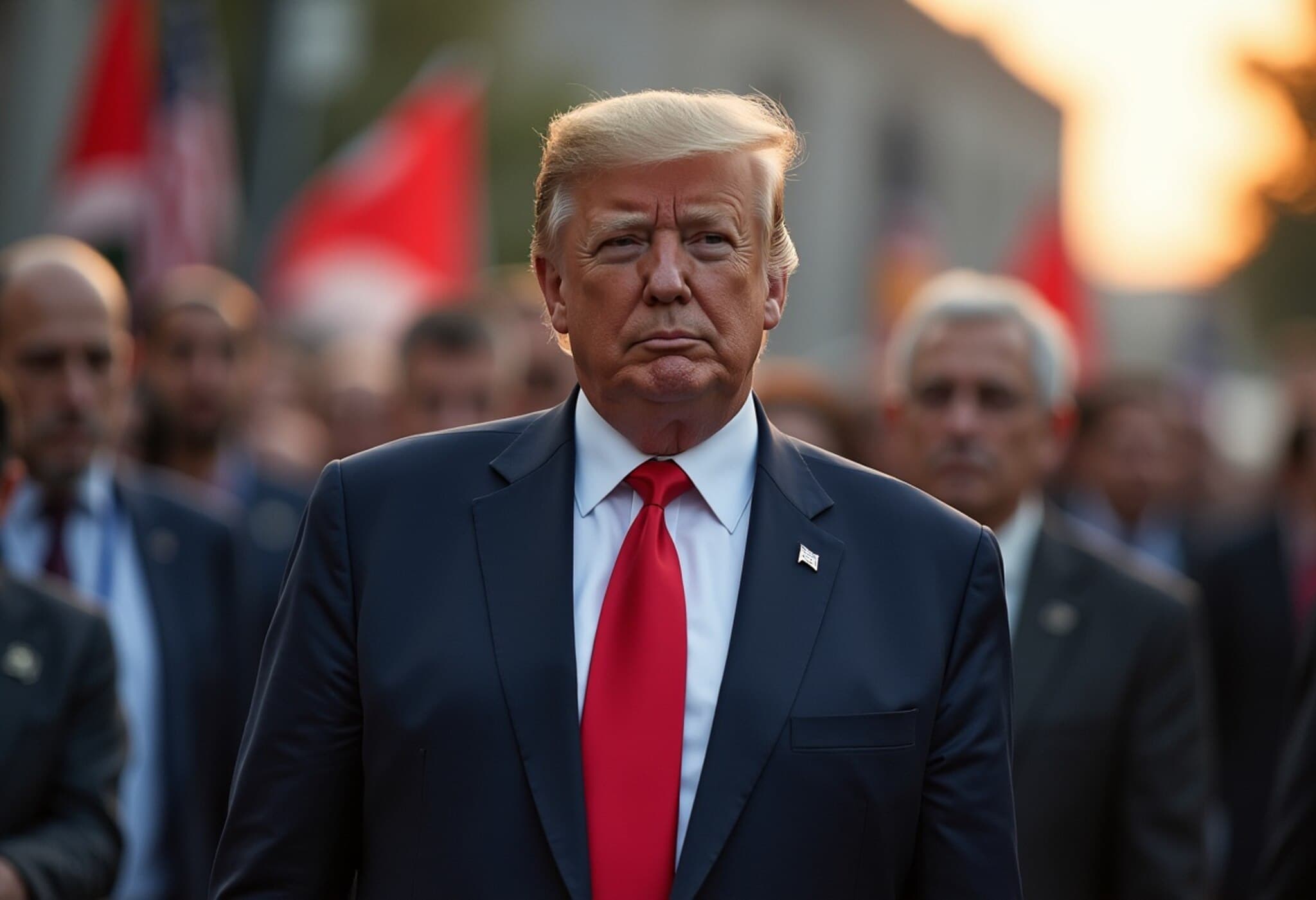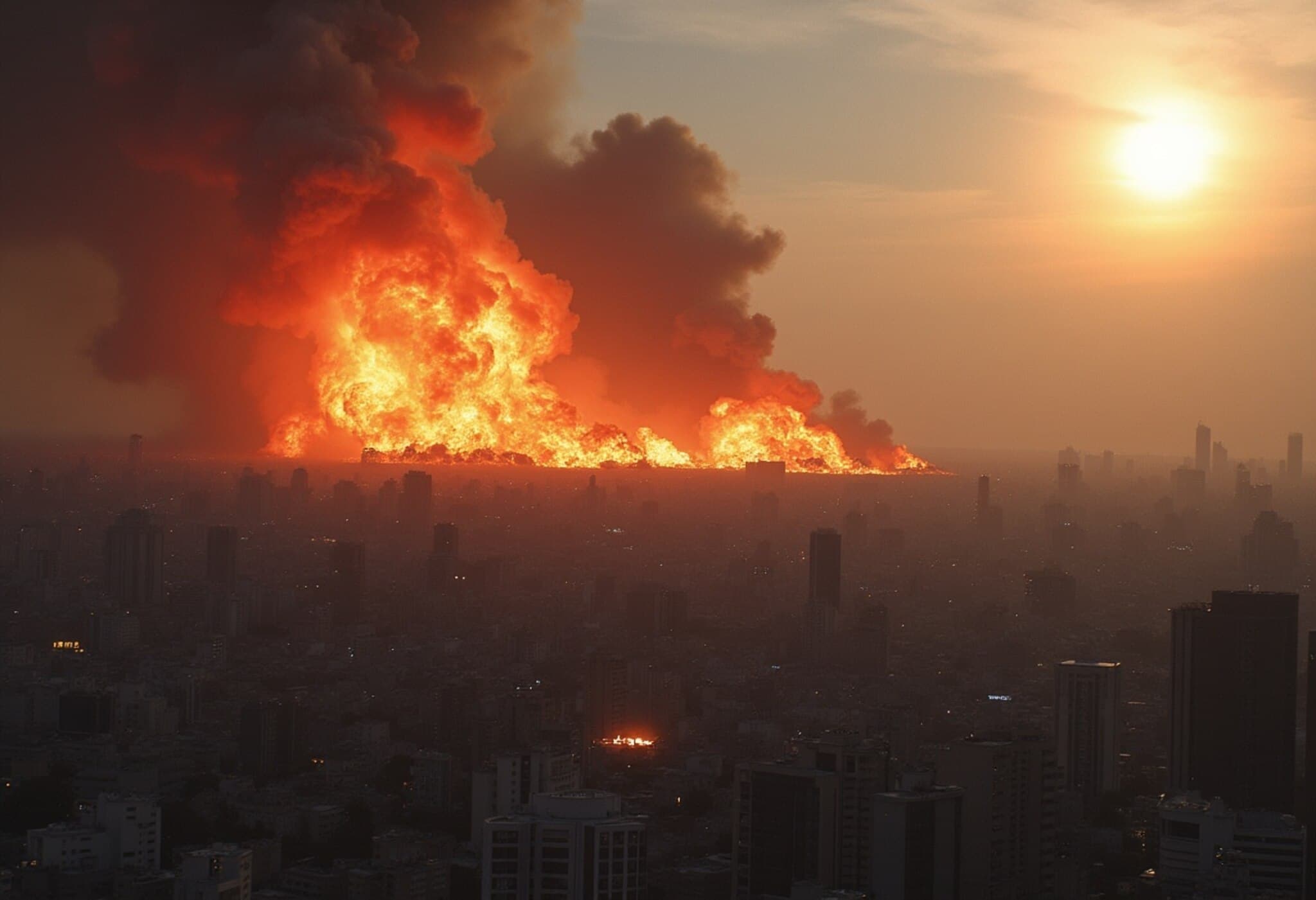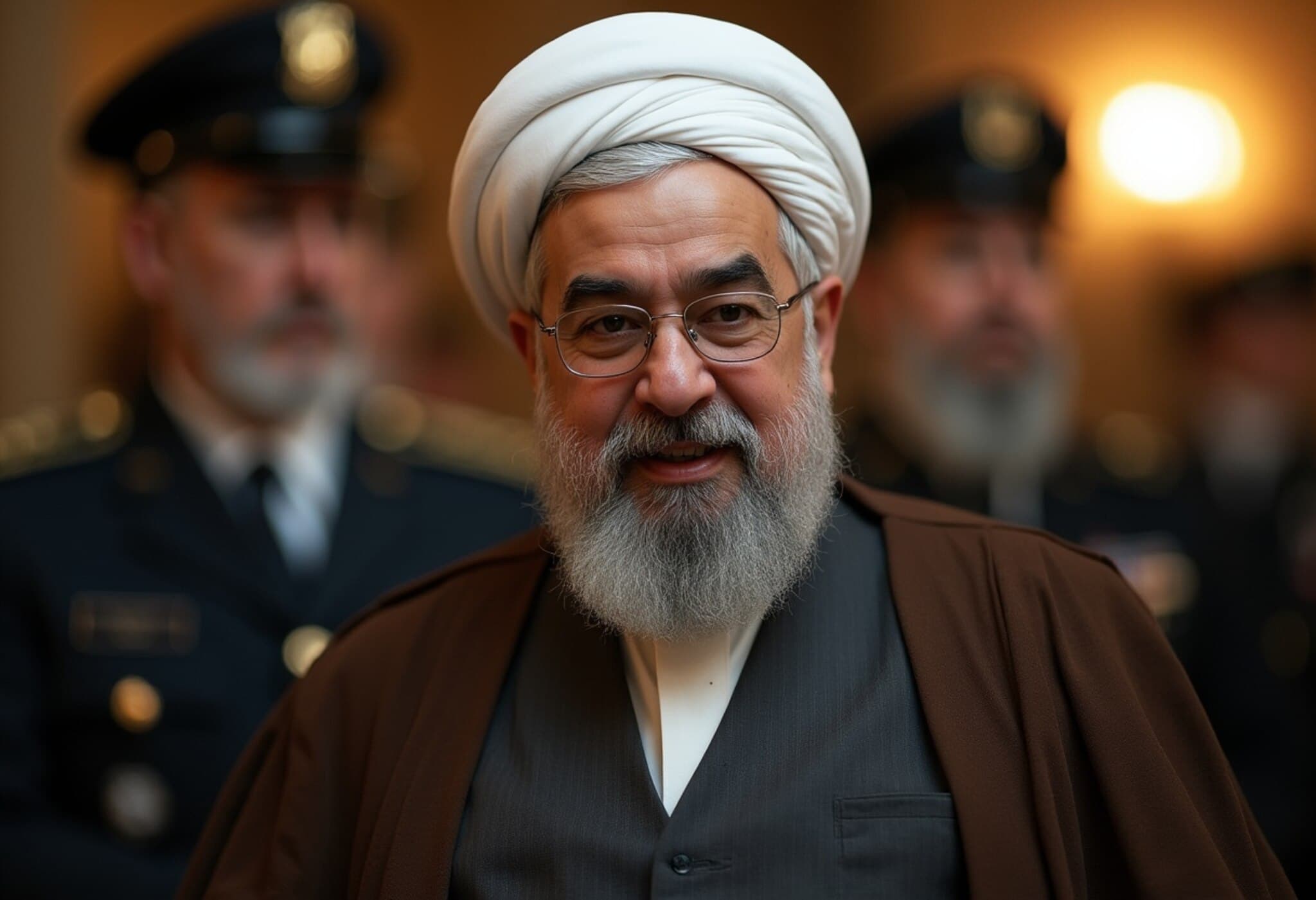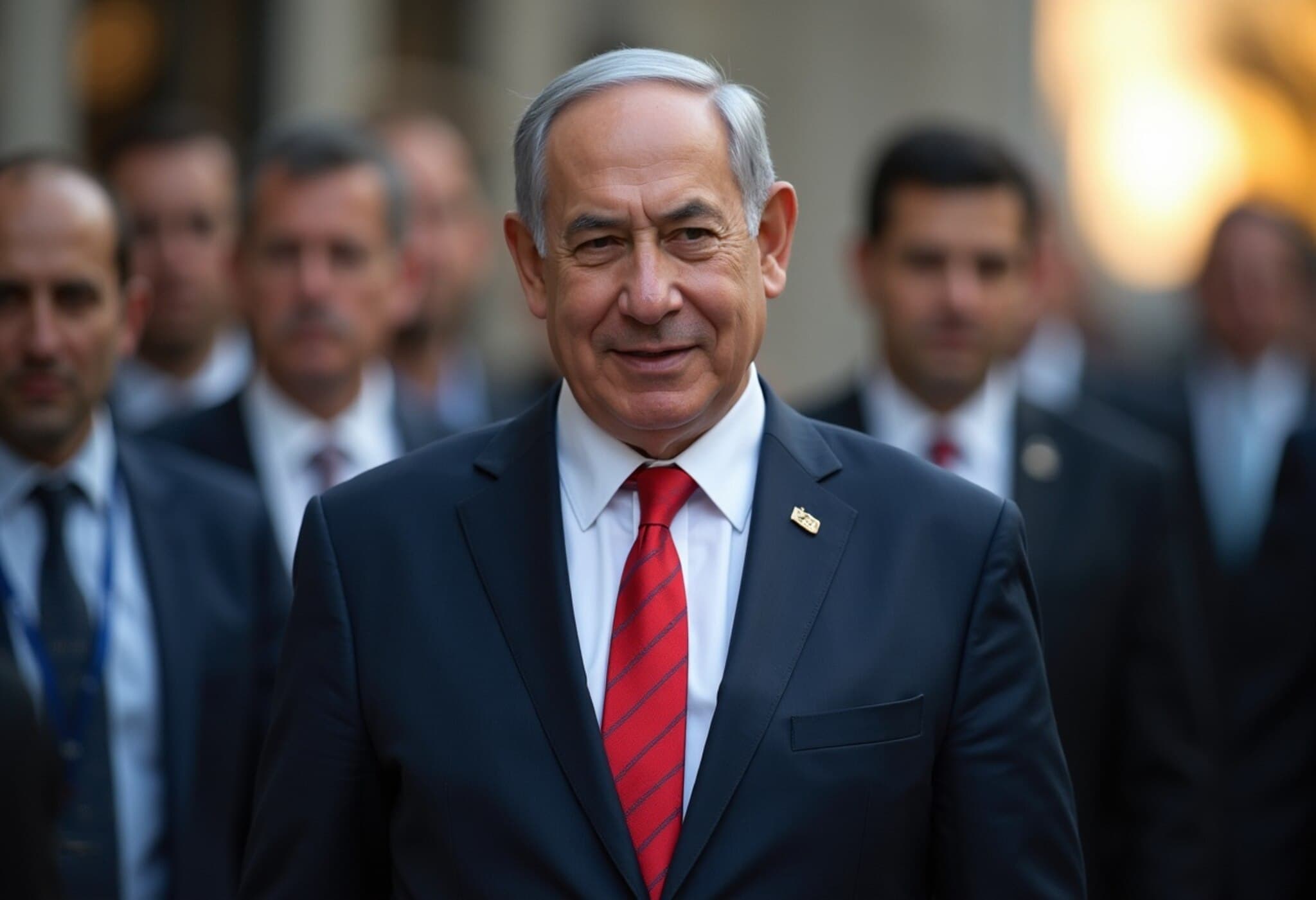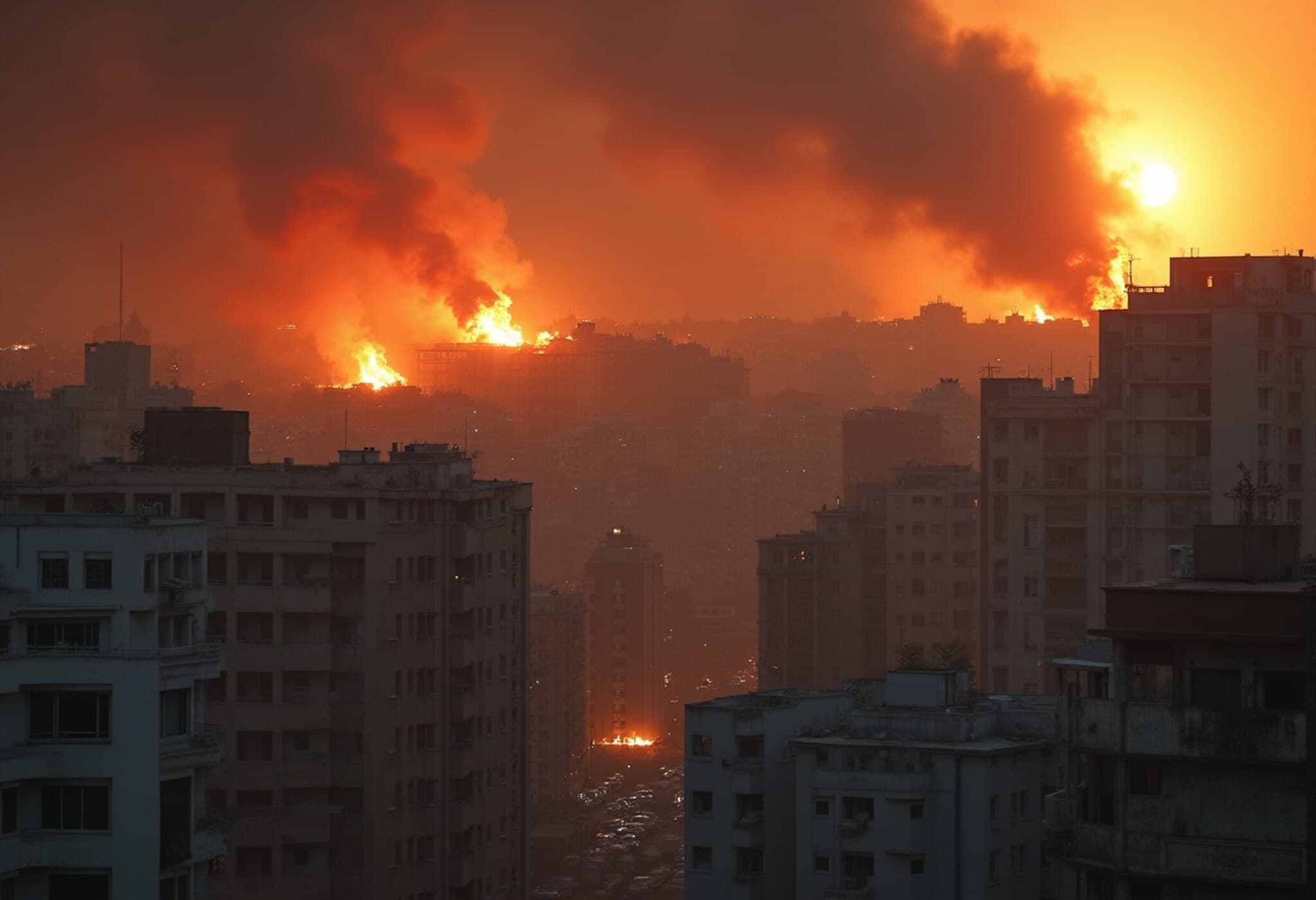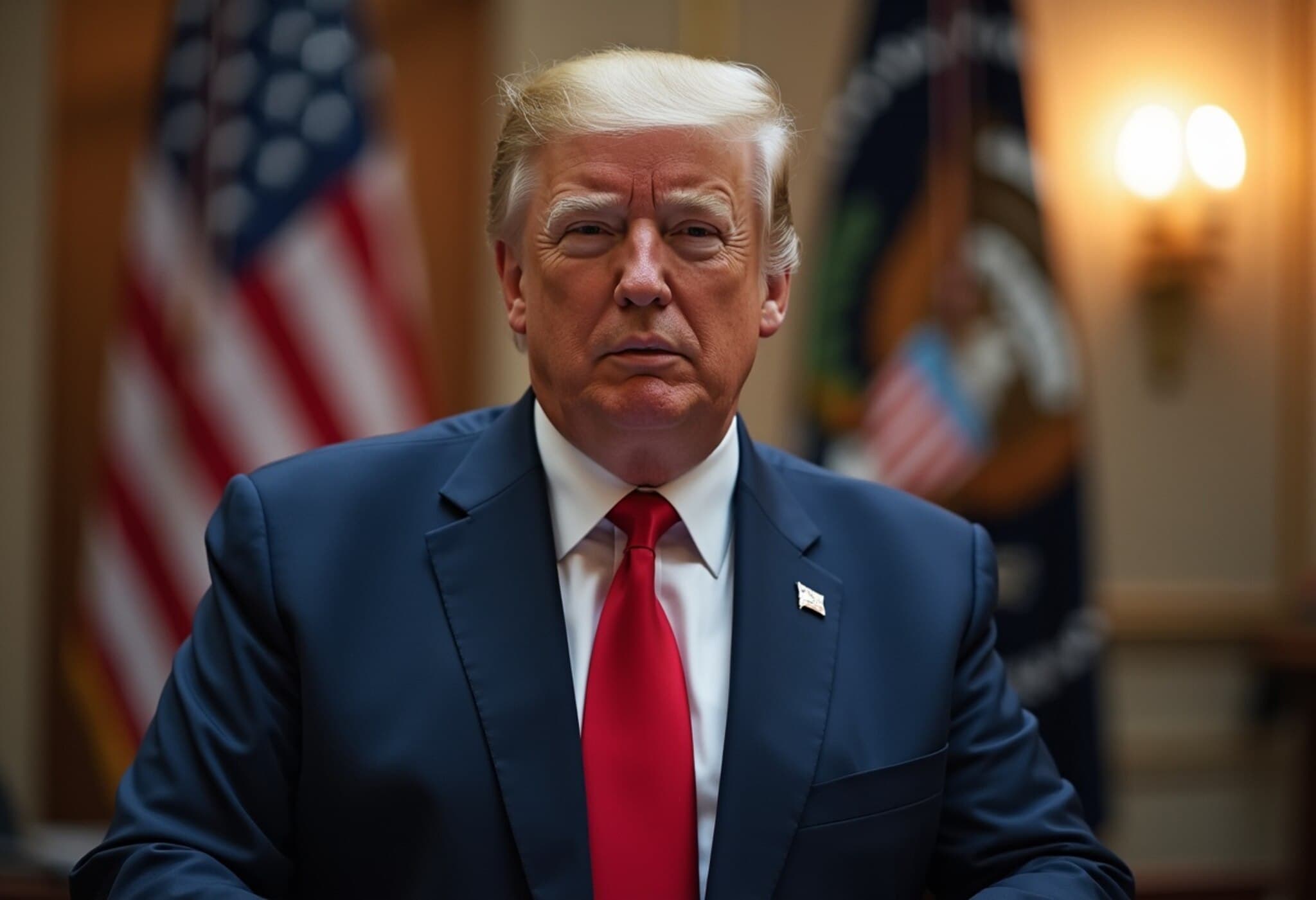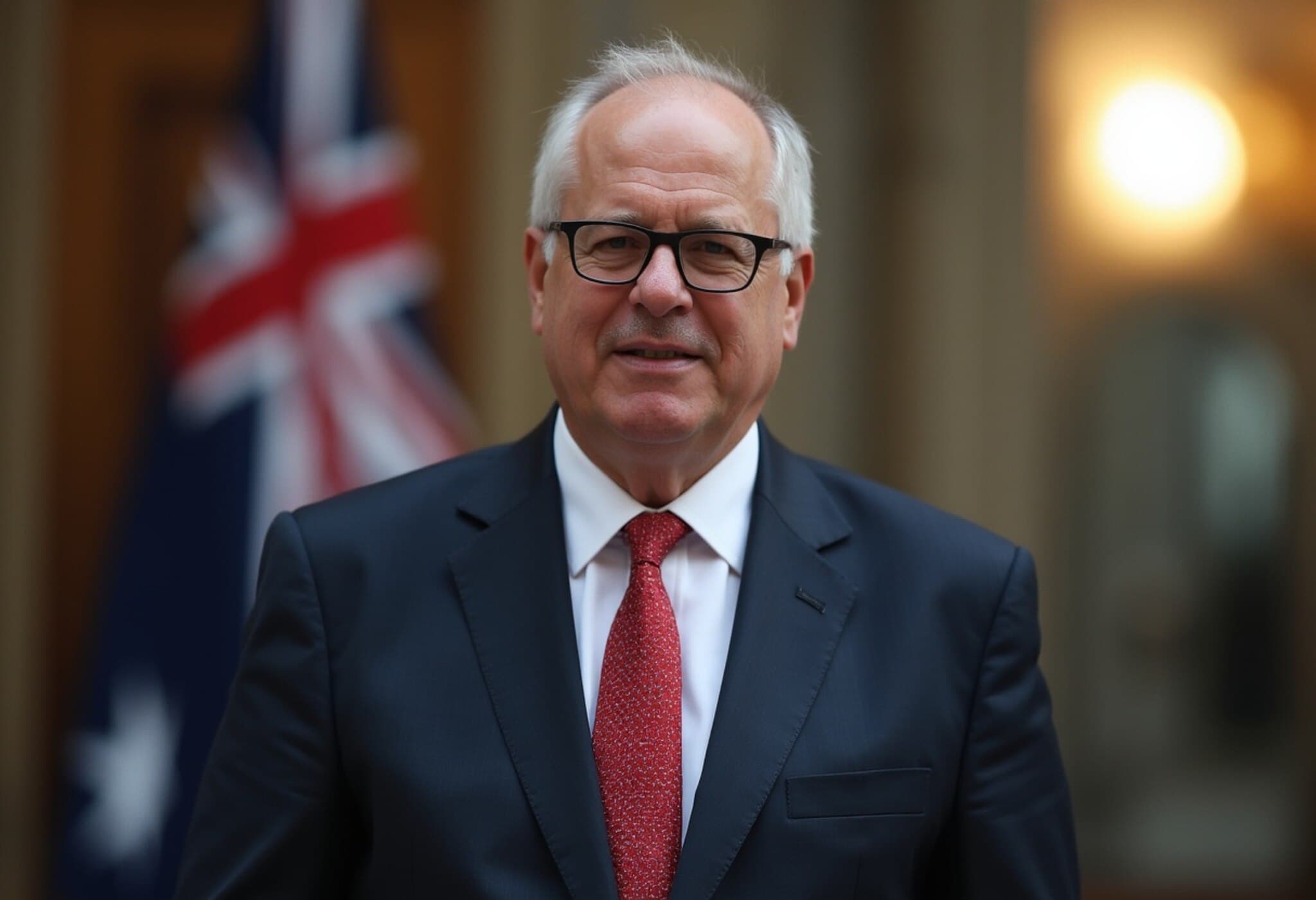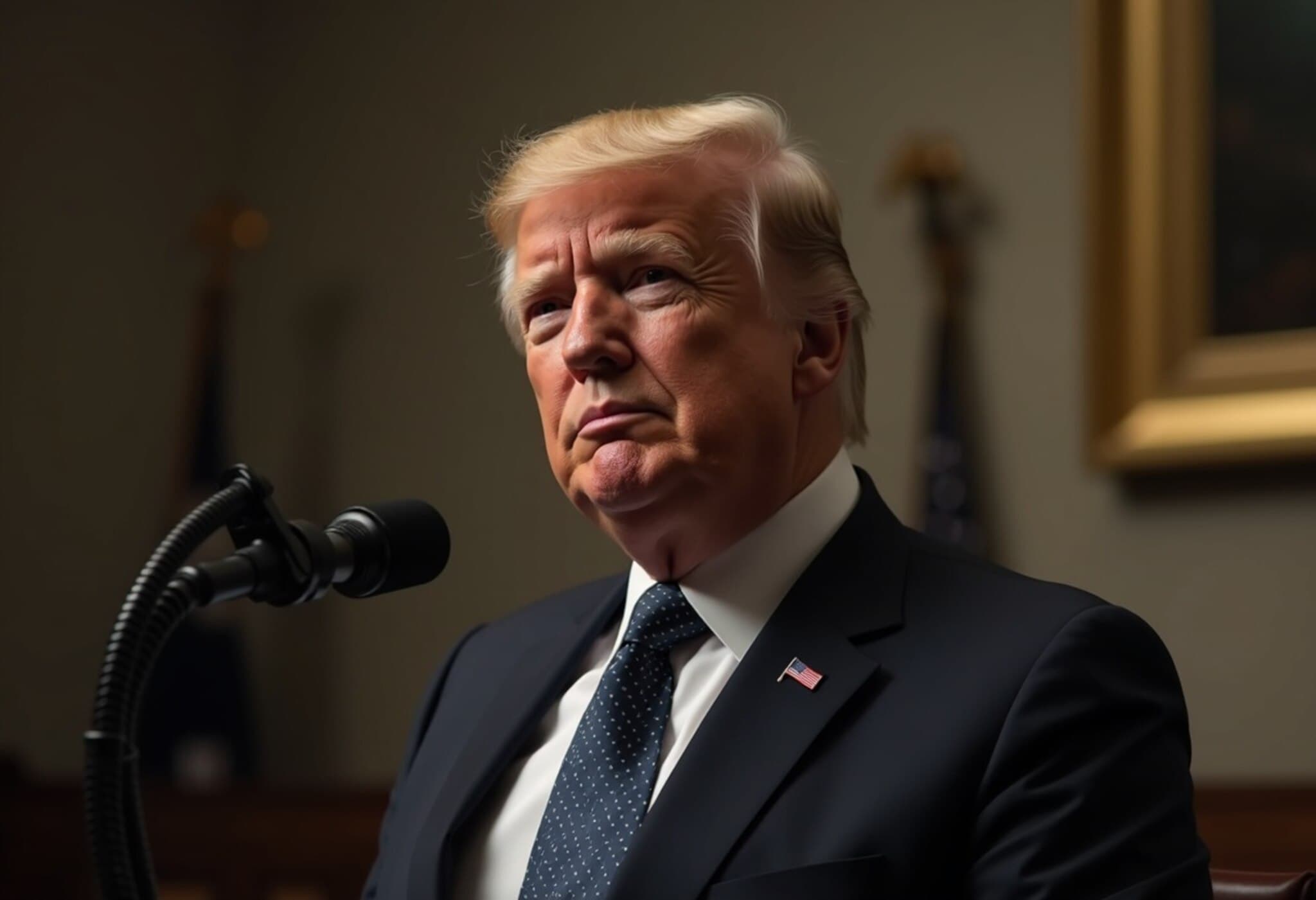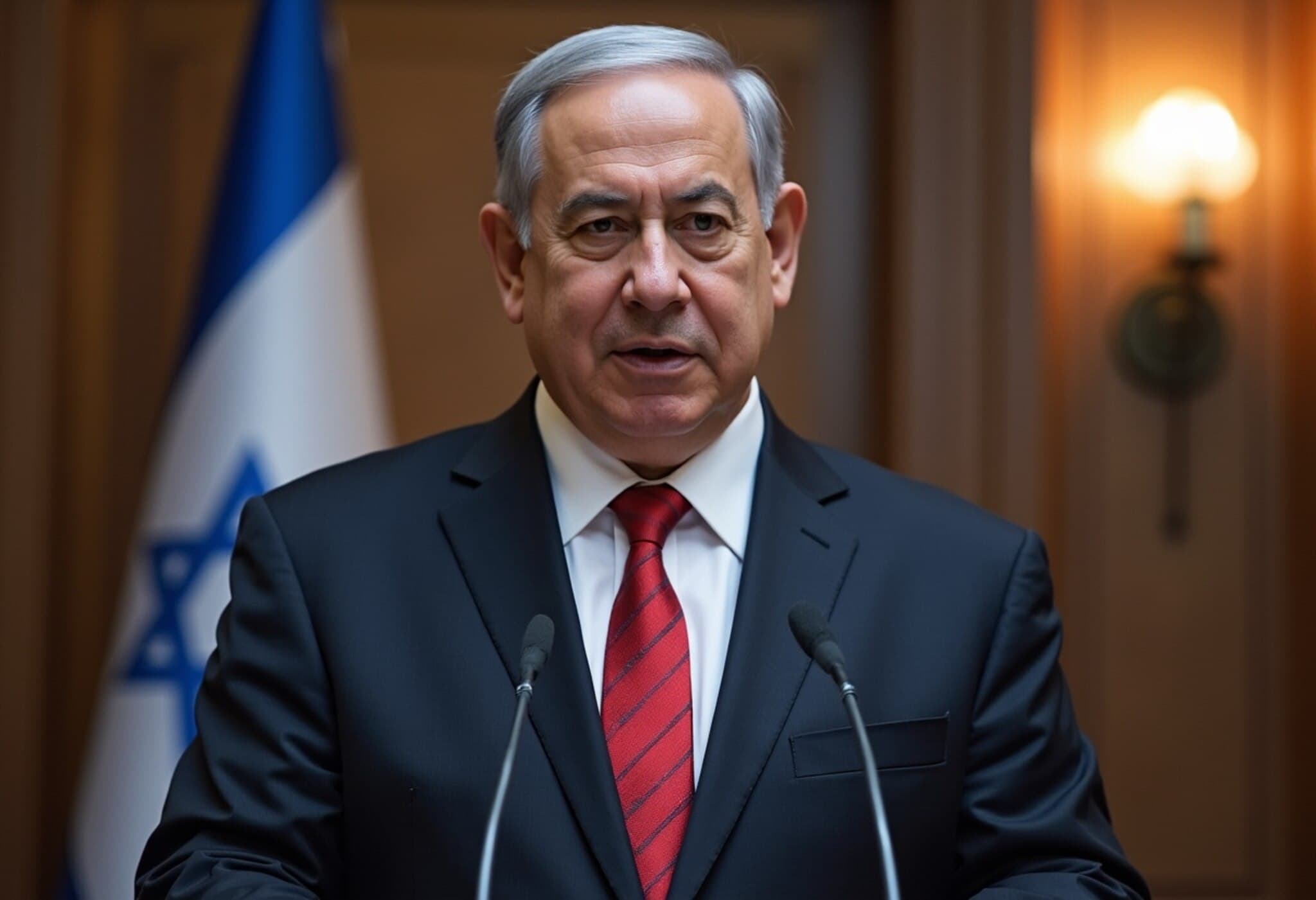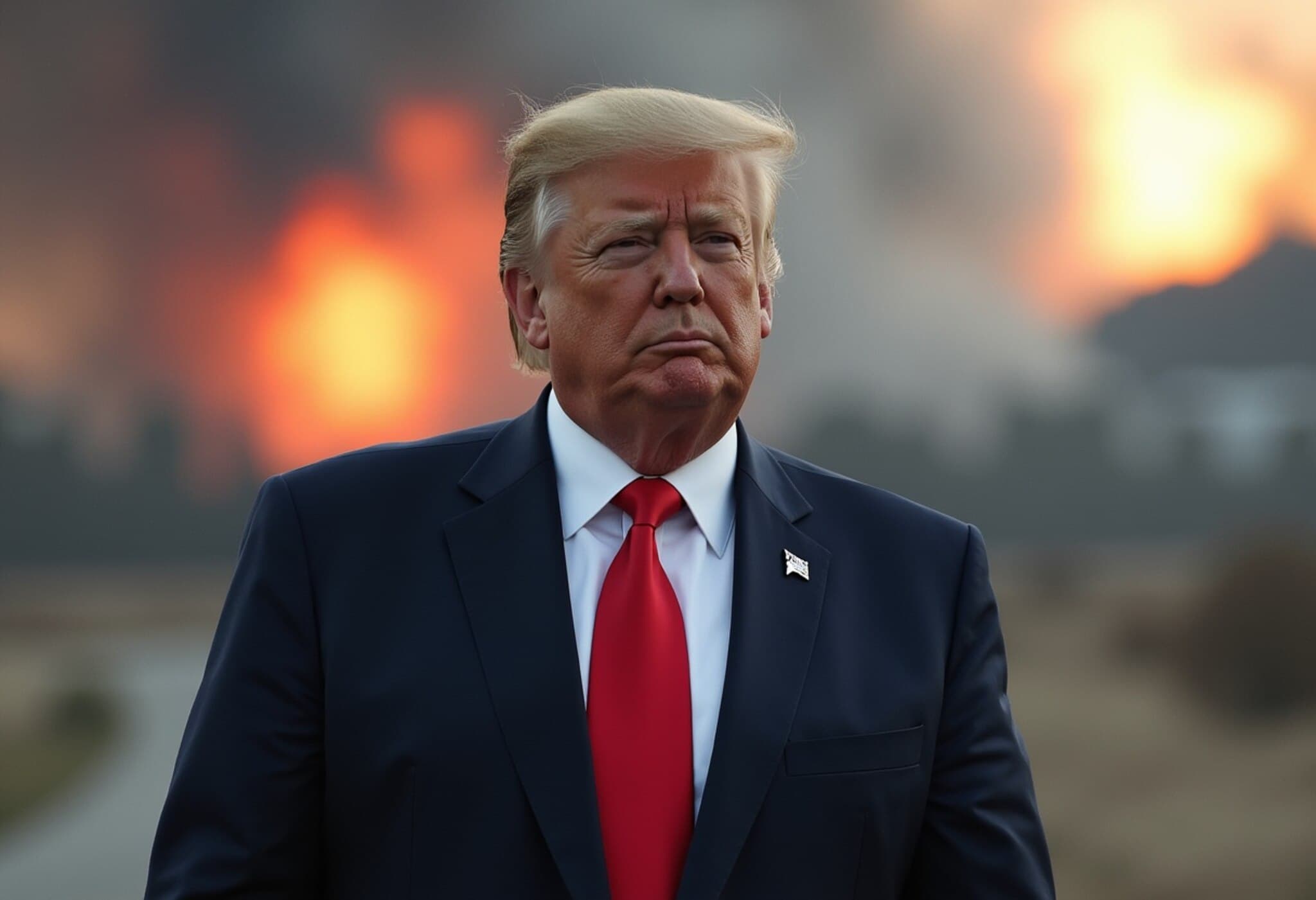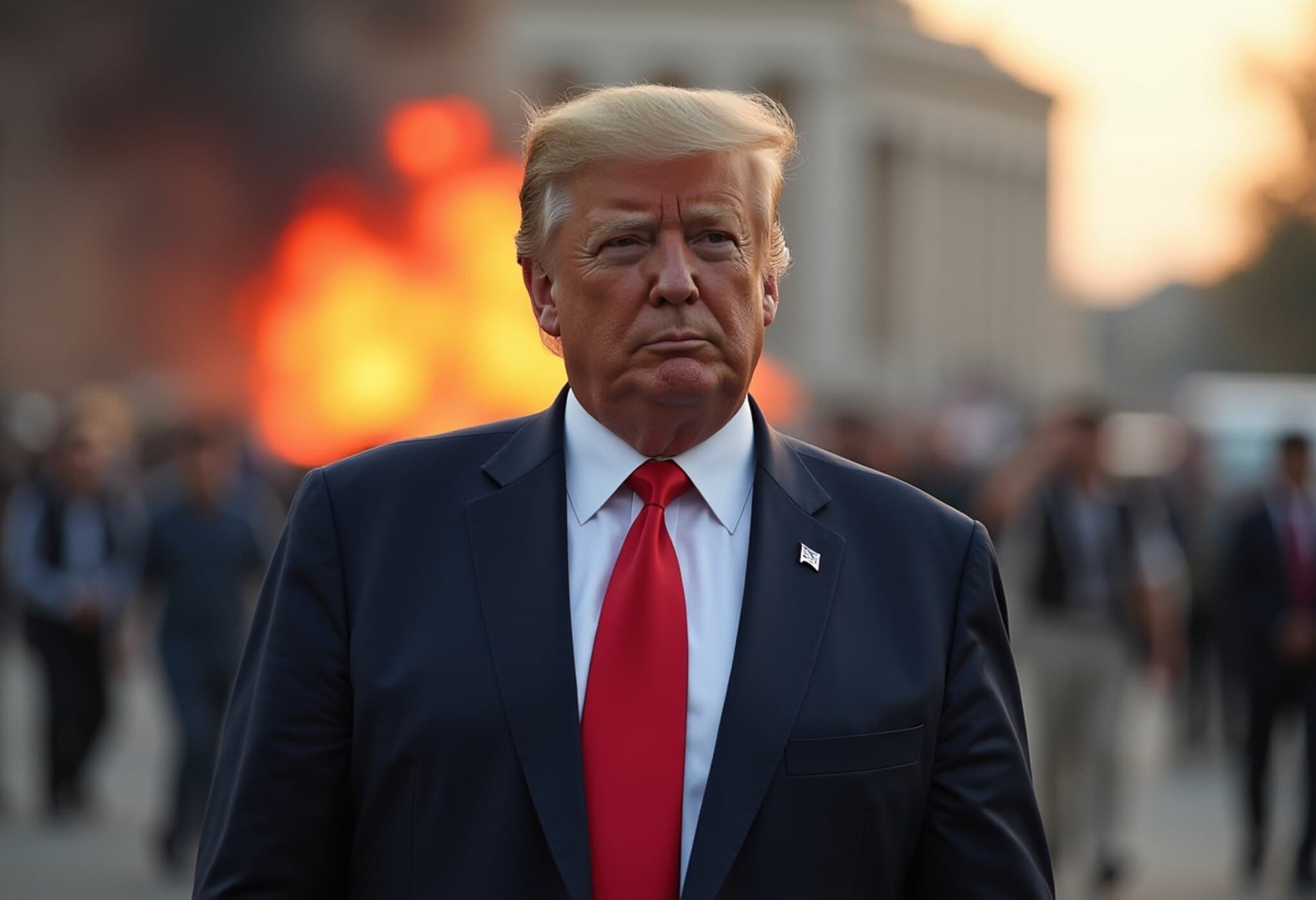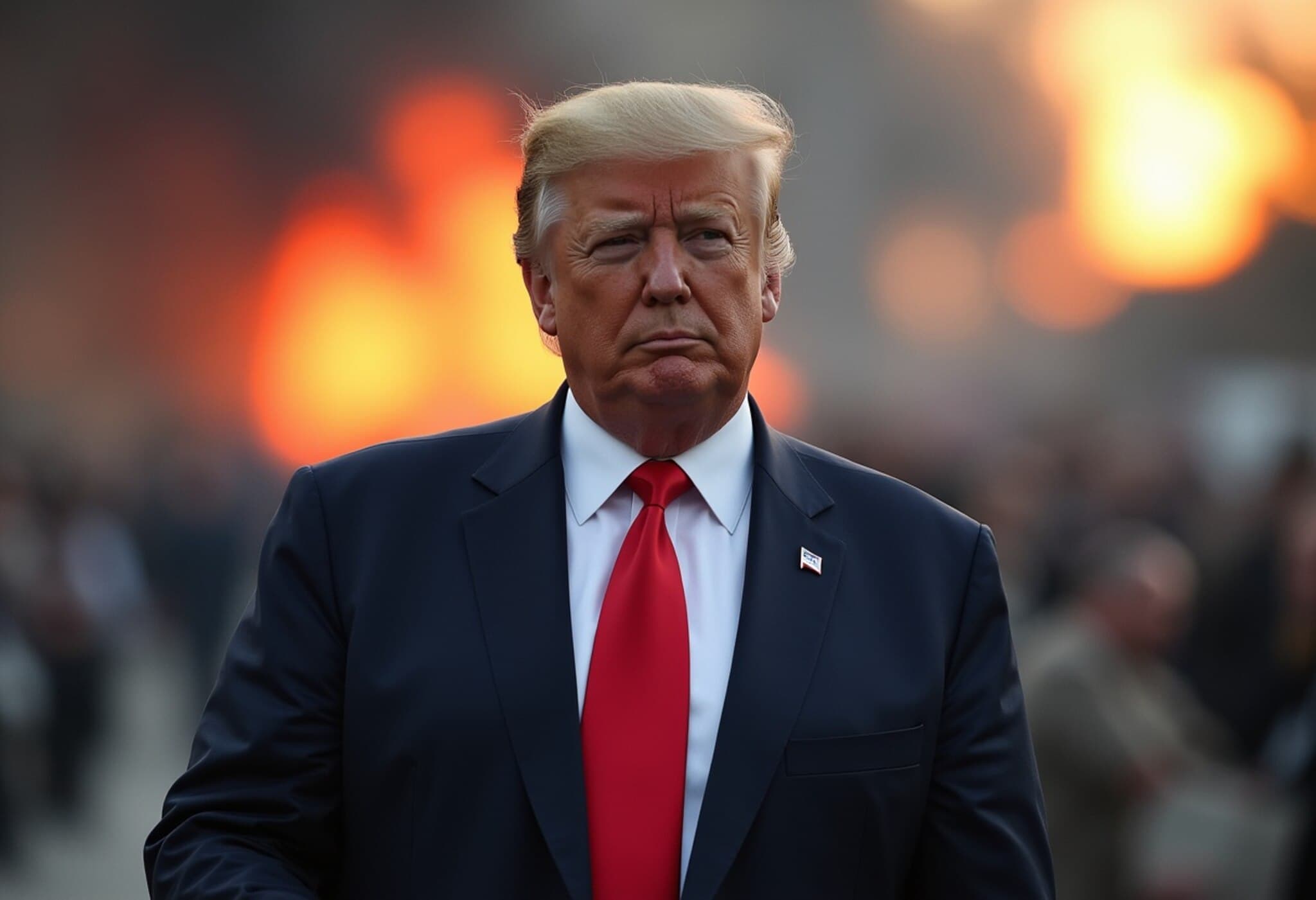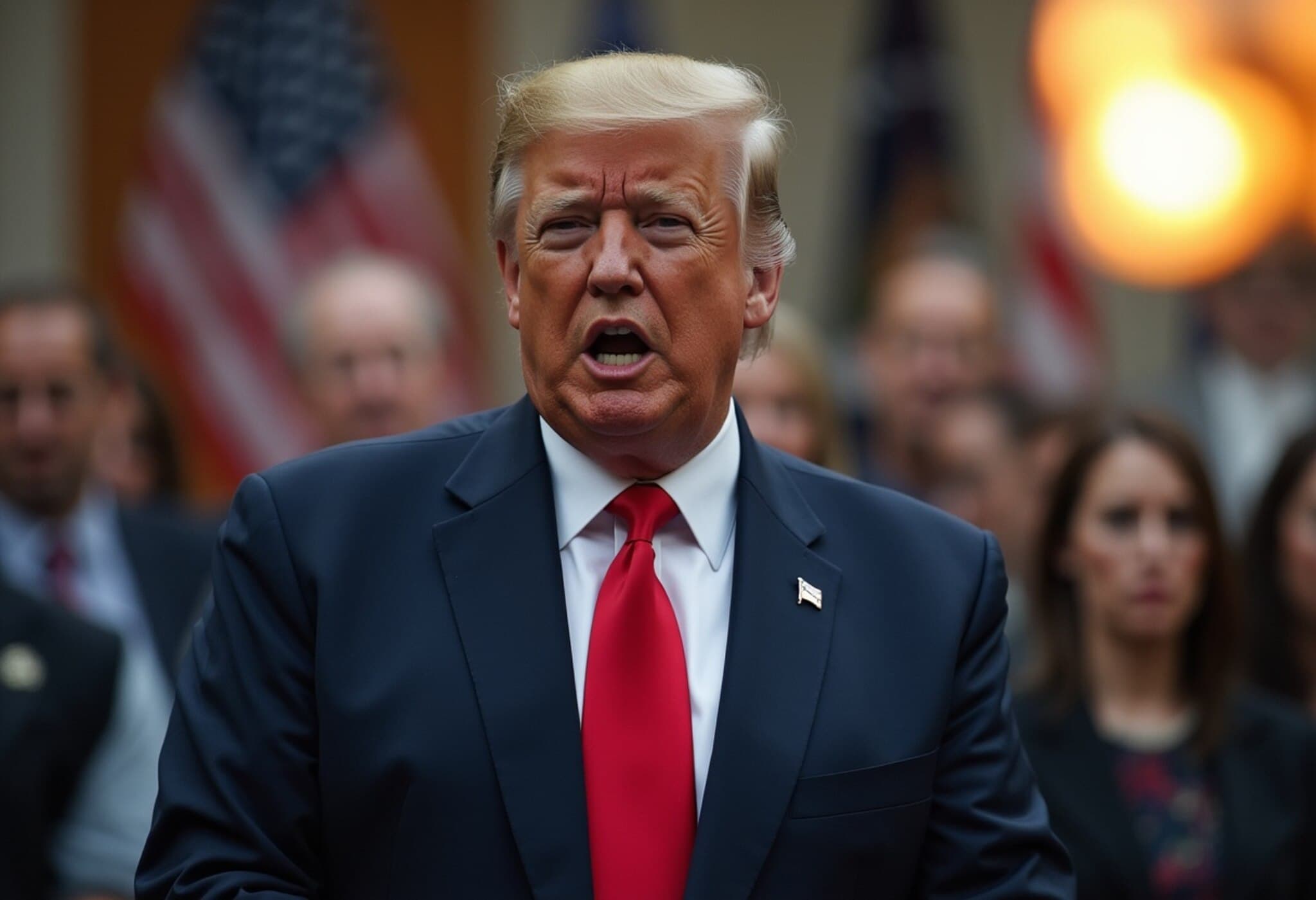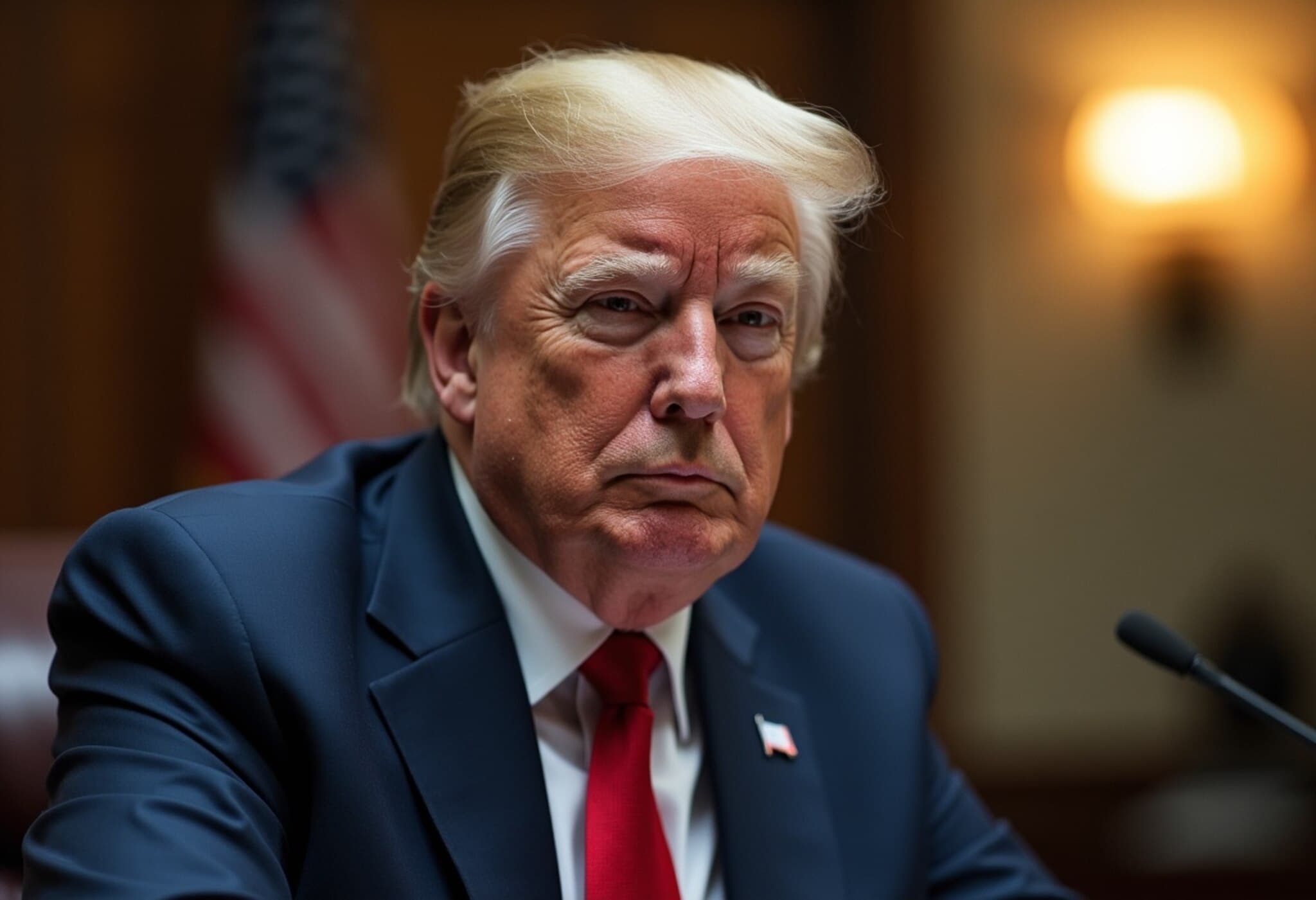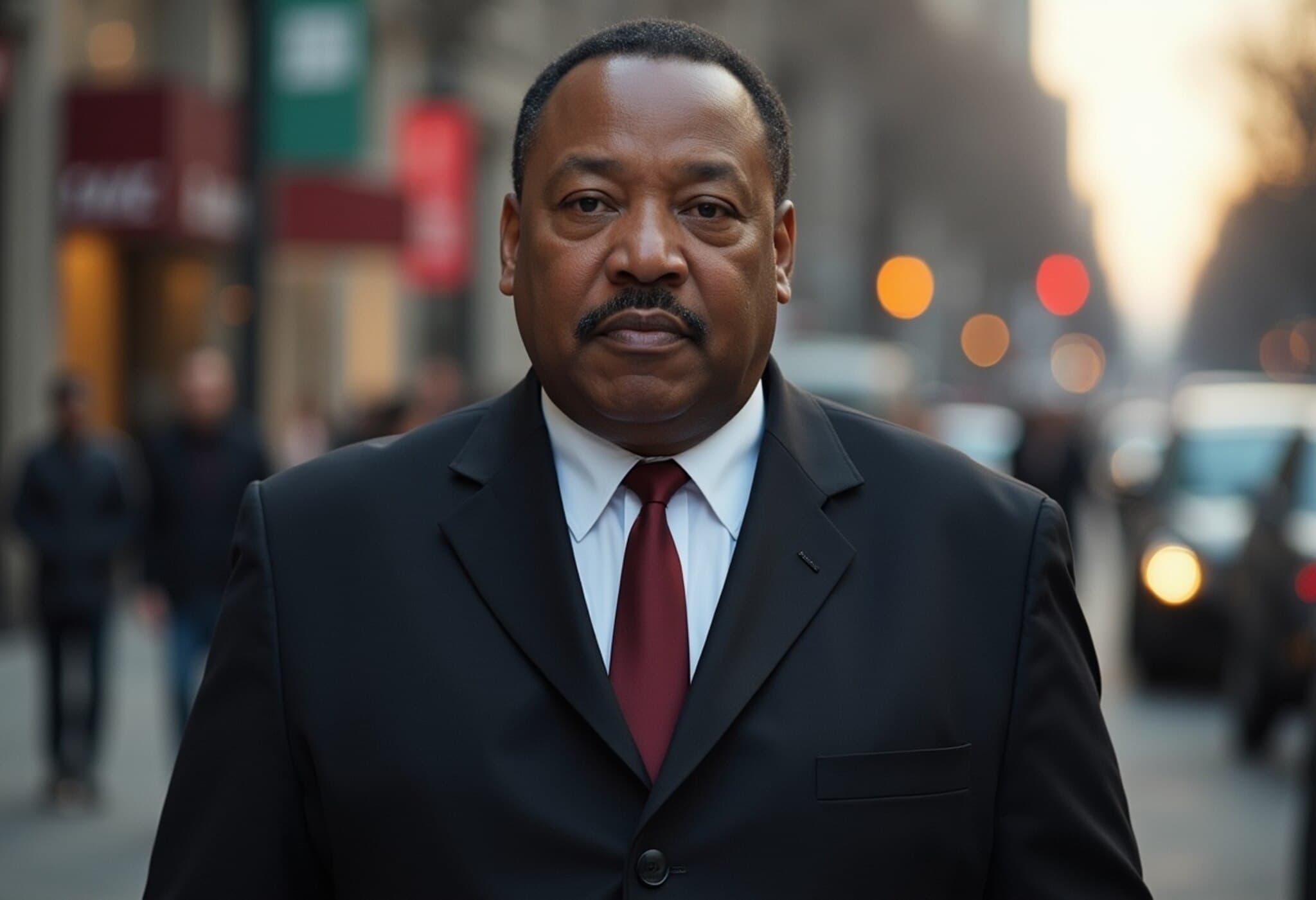Trump Caught Off Guard by Recent Israeli Military Actions
In an unexpected turn of events, former U.S. President Donald Trump was reportedly taken by surprise over Israel’s recent airstrikes targeting Syria and a Catholic church in Gaza. According to a statement from the White House, Trump learned about these unprecedented military operations after they occurred, prompting immediate concern and direct intervention through diplomatic channels.
White House Details Trump’s Reaction and Diplomatic Moves
Following the news of the bombings, Trump swiftly contacted Israeli Prime Minister Benjamin Netanyahu, urging him to "rectify" the situation. The incident that drew particular condemnation was the raid on Gaza’s only Catholic church, which resulted in at least three casualties. The White House emphasized that Trump strongly denounced the strike and asked Netanyahu to officially acknowledge it as a mistake.
White House Press Secretary Karoline Leavitt remarked, “The president maintains a close working relationship with Prime Minister Netanyahu and keeps up frequent communication. Nevertheless, he was genuinely caught off guard by both the Syrian bombing and the tragic attack on the Gaza church.”
Context: Tensions in the Region and U.S. Diplomatic Balancing Act
This episode sheds light on the delicate and complex relationship between the U.S. and Israel amid escalating Middle East tensions. US Secretary of State Marco Rubio has been actively engaged in diplomatic efforts to reduce conflicts in Syria, coinciding with a subtle shift in the Trump administration’s approach — including softened sanctions and warming ties toward Syria’s new interim leader, Ahmed al-Sharaa.
Trump and Netanyahu: A Partnership with Frictions
Despite being strong allies politically, the Trump-Netanyahu relationship has been characterized by episodes of mutual wariness. Insiders reveal that while the two leaders align on many strategic interests, their personal rapport has never been deeply close.
Earlier this month, Trump had backed Netanyahu firmly during an Israeli strike against Iran, including the decision to deploy U.S. fighter jets to dismantle Iranian nuclear facilities. However, the surprise strikes in Syria and Gaza appear to have unsettled the calculated coordination typically present between the two governments.
Gaza Ceasefire Prospects Dim Amid Rising Violence
Trump had pinned hope on Netanyahu’s recent Washington visit as a pivotal moment to secure a ceasefire in Gaza, which would entail the release of hostages held by Hamas and an increase in humanitarian aid to the beleaguered enclave. Leading up to the visit, Trump voiced optimism about brokering peace within the week. The developments have, however, complicated these efforts, fueling skepticism about immediate resolution.
Broader Implications for U.S. Foreign Policy
This situation brings to the forefront critical questions about the United States’ role in managing conflicts involving its key allies. The balance between supporting allies and restraining provocative military actions that risk inflaming regional conflicts remains precarious.
Experts note that Trump's surprise highlights potential gaps in communication and strategic alignment that could undermine U.S. influence. It also underscores the challenges the U.S. faces in promoting stability while navigating the divergent priorities of partners like Israel.
What Lies Ahead?
- Will the U.S. push Israel for more accountability over unilateral military actions?
- How will these airstrikes impact the fragile ceasefire negotiations in Gaza?
- Can Trump’s administration or his successors recalibrate a consistent Middle East strategy balancing firm alliances and regional peace?
Editor’s Note
This episode reminds us that even among longstanding allies, unforeseen actions can disrupt years of strategic cooperation. As the situation unfolds, the international community and policymakers must watch closely to assess whether diplomatic engagement can mitigate tensions or if further escalations loom. The human cost, particularly from strikes on civilian sites like the Gaza church, raises urgent ethical and legal questions about conduct in conflict zones.

